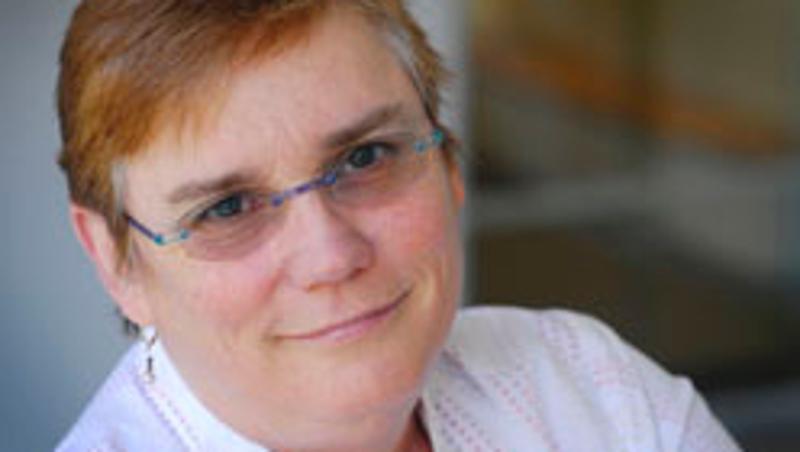
Health care workers will gain better knowledge and skills to cope with the increasing numbers of Australians living with dementia with a new national system starting next month, says a leading expert in aged care.
Professor Elizabeth Beattie, from QUT’s Faculty of Health and Director of the Dementia Collaborative Research Centre, is in charge of evaluating the quality and impact of the Dementia Training Program.
It is one of two programs selected by the Federal Government to deliver streamlined dementia support nationally.
Based at QUT’s School of Nursing in Brisbane, Professor Beattie said the national coordination of care and training and innovative delivery methods were a key feature of the new approach.
“Health professionals caring for people living with dementia, carers and families will be better equipped to get the most up to date information, regardless of where they live and practice, with training put in the spotlight,” Professor Beattie said.
The new national program commences October 1, 2016.
QUT is a member of a consortium, led by the University of Wollongong awarded $27.9 million, to oversee the delivery of the National Dementia Training (DTA) program, announced by the Federal Government this month.
Other consortium members include LaTrobe, University of Tasmania, University of Western Australia and Alzheimer’s Australia.
“Dementia steals memories and threatens independence which are precious aspects of a person,” Professor Beattie said.
“Regardless of their diagnosis, people need and want to live full and rich lives without social stigma for as long as possible.”
There is no cure for dementia, with estimates the disease will affect up to 900,000 Australians by 2050.
There are currently approximately 353,800 people diagnosed with dementia in Australia, most of whom are still living at home.
The new national dementia behaviour service scheme fulfils a redesign of dementia programs announced by the Federal Government last January.
Professor Beattie said a review of dementia services, conducted by KPMG last year, highlighted the lack of national consistency and coordination of workforce education and training services.
“Attention to where there is poor access to training is a priority for us - to fill those gaps with high quality, accessible opportunities for health professionals, which in turn impacts the care and support people with dementia receive,” she said.
She said health professional training would reach out to specific groups with unique dementia-related issues, such as those with Aboriginal and Torres Strait Islander backgrounds, people with younger onset dementia, the LGBTI community and those living alone.
“QUT will be undertaking evaluation of the quality and impact of the programs being rolled out nationally and liaising with on-the-ground services with the aim of driving improvements to both knowledge and the care received by people living with dementia,” she said.
“It is particularly relevant that this training initiative has been announced in Dementia Awareness month, with this year’s theme: ‘You are not alone’.”
Media contacts:
- Debra Nowland / Mechelle McMahon, QUT media officers, media@qut.edu.au
- (after hours) Rose Trapnell, QUT media team leader, 0407 585 901 or media@qut.edu.au




